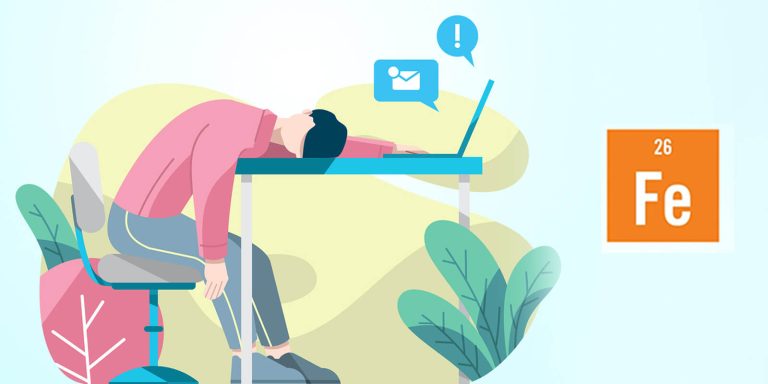

Contact Us Now
Upload Prescription
Not sure which tests to take? Share your prescription with us and our team will call you to book tests for you.

Anemia (also spelled anaemia) is a decrease in the total amount of red blood cells (RBCs) or hemoglobin in the blood, or a lowered ability of the blood to carry oxygen. To elaborate, when the body loses blood, it draws water from tissues beyond the bloodstream to help keep the blood vessels full. This additional water dilutes the blood, reducing the count of Red blood cells. According to reports around one-third of the World’s population is diagnosed with Anemia. There are 400 known types of Anemia and iron-deficiency anemia is the most common type.
Our body needs iron to make healthy red blood cells. Iron-deficiency anemia usually progresses overtime when our body’s iron intake is too low. Low intake of iron can happen because of blood loss, consuming less than the required daily amount of iron, and medical conditions that can make it hard for our body to absorb iron from the gastrointestinal tract (GI tract).
Many people are at risk for anemia because of poor diet, intestinal disorders, chronic diseases, infections, and other conditions. Women who are menstruating or pregnant and people with chronic medical conditions are most at risk for this disease. The risk of anemia increases as one gets older. People who have had gastric bypass surgery for weight loss or other reasons may also be iron deficient due to poor absorption.
The Iron-deficiency anemia develops as a result of:
Some patients with anemia have no initial symptoms. The primitive signs of Iron-deficiency anemia include feeling tired and fatigue, paleness of skin, shortness of breath, dizziness, fast heart rate, etc. When one has these issues, it is vital to visit the doctor. If the doctor discovers any probability of anemia the next step is to diagnose it with physical exams and tests.
Anemia can usually be confirmed with a CBC test – a Complete Blood Test which checks levels of hemoglobin and hematocrit (hee-MAT-oh-crit) of blood. Hemoglobin is the iron-rich protein in red blood cells that carries oxygen throughout the body. Hematocrit is the volume percentage of red blood cells in the blood. A hematocrit value of 40% means that there are 40 milliliters of red blood cells in 100 milliliters of whole blood Low level of hematocrit or hemoglobin is an indication of anemia. This test also examines the number of red blood cells, white blood cells, and platelets in your blood.
If the CBC test shows the presence of anemia, the doctor may recommend a reticulocyte (re-TIK-u-lo-site) count test. This test measures the number of young red blood cells in your blood. The test shows whether your bone marrow is making red blood cells at the correct rate.
These tests inspect the level of iron in blood and body.
Because anemia has many causes, sometimes the patient might be tested for other disorders such as vitamin deficiencies (lack of vitamins, such as B12 and folic acid) and issues with kidney function. Besides, the pelvic ultrasound is recommended in certain conditions for the detailed analysis.
While many types of anemia cannot be prevented by taking certain precautions, eating healthy foods can help you avoid both iron-and vitamin-deficiency anemia. One can intake the following food in a day to day diet:
If your anemia is due to another disease, treatment of the underlying illness will often improve the anemia. Under some circumstances, such as chronic kidney disease, medical professionals may prescribe medication such as erythropoietin injections to help create more red blood cells.
After being diagnosed with iron-deficiency anemia, it is vital to follow your treatment plan. Over time, your doctor may ask about your symptoms, including whether you have any new or worsening symptoms and repeat tests such as complete blood count and iron studies. Through ever-evolving technologies and expertise, the diagnosis of anemia has now become exceptionally seamless and accurate. One such best diagnostics centre in India is Horizon Diagnostics Centre in Navi Mumbai which serves individuals with detailed, apt, and affordable blood tests. To learn more about iron-deficiency anemia call on +918291295874/75.
Ignoring the warning signs of anemia can result in life-threatening health complications. Diagnosing it timely is the first step to win over it!
Copyright © Simira Healthcare Private Limited 2024. All Rights Reserved
Leave a Reply